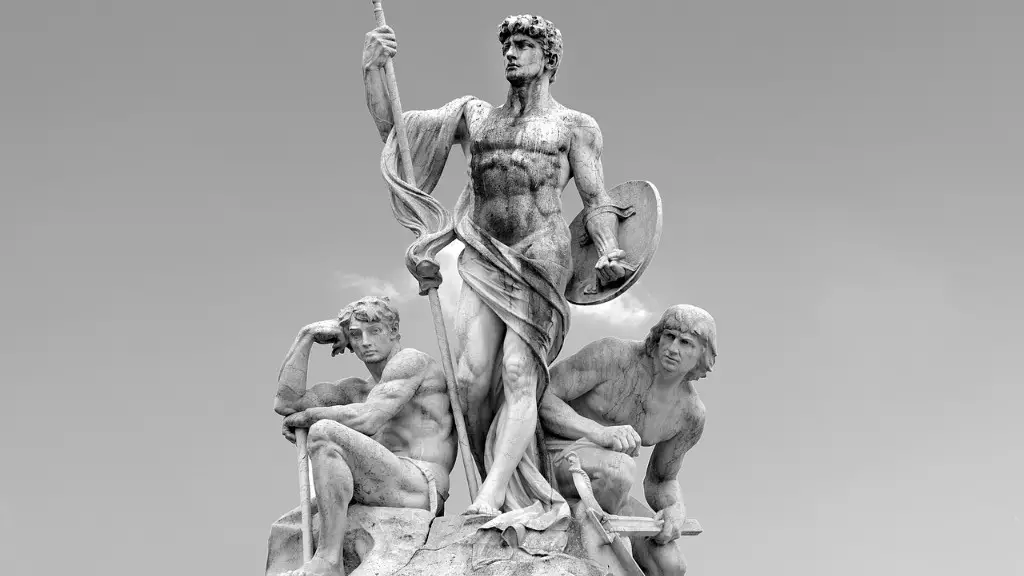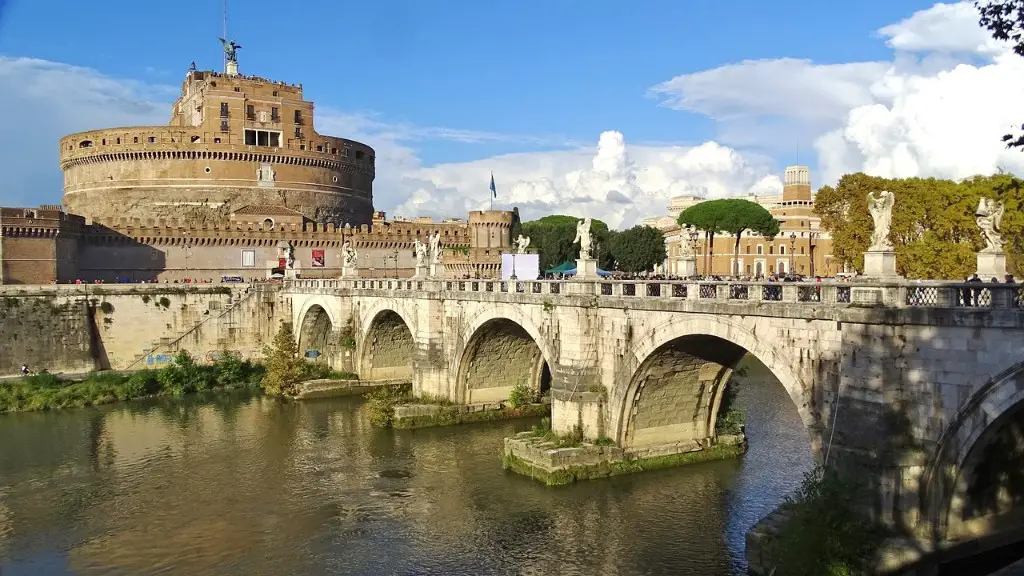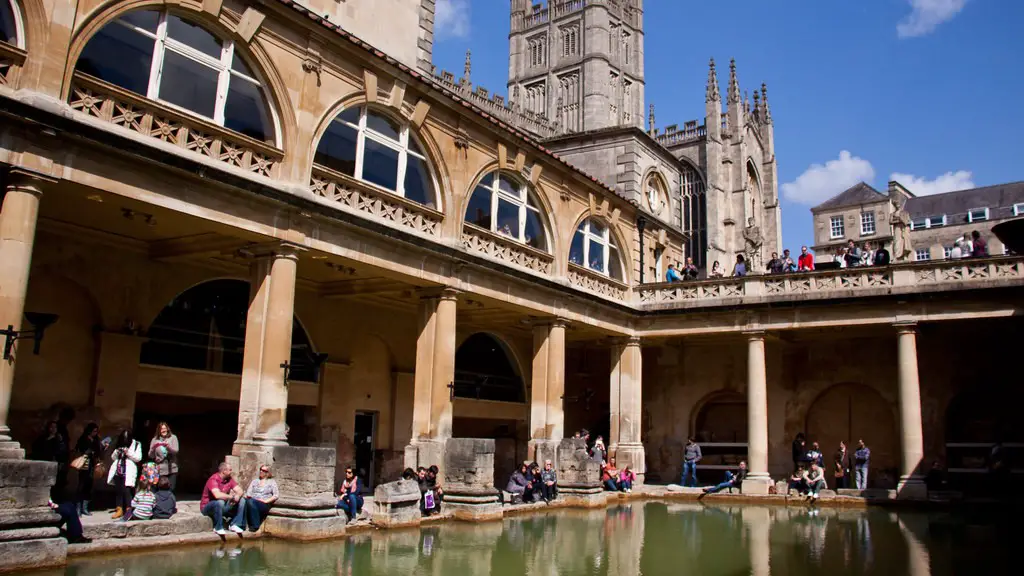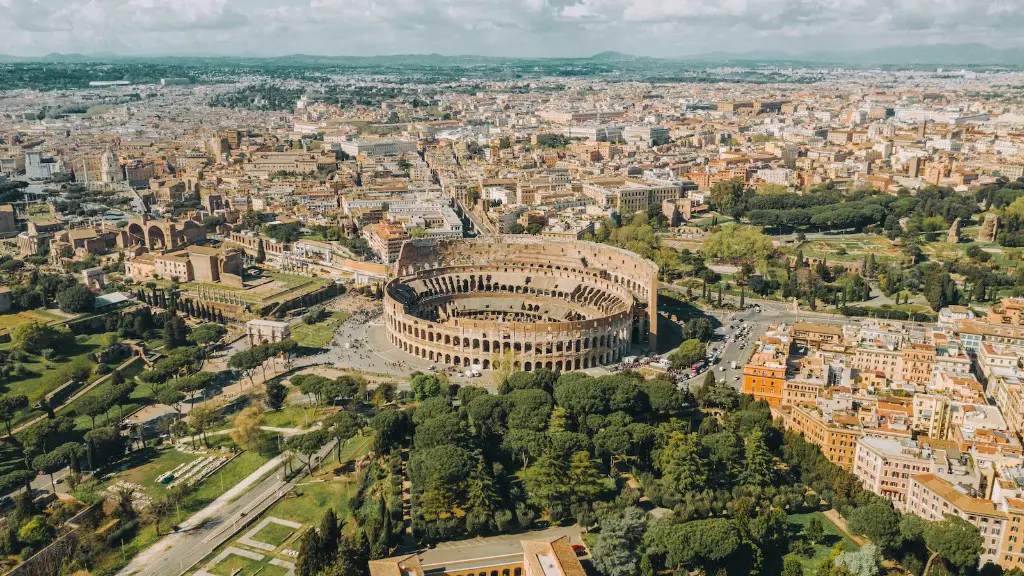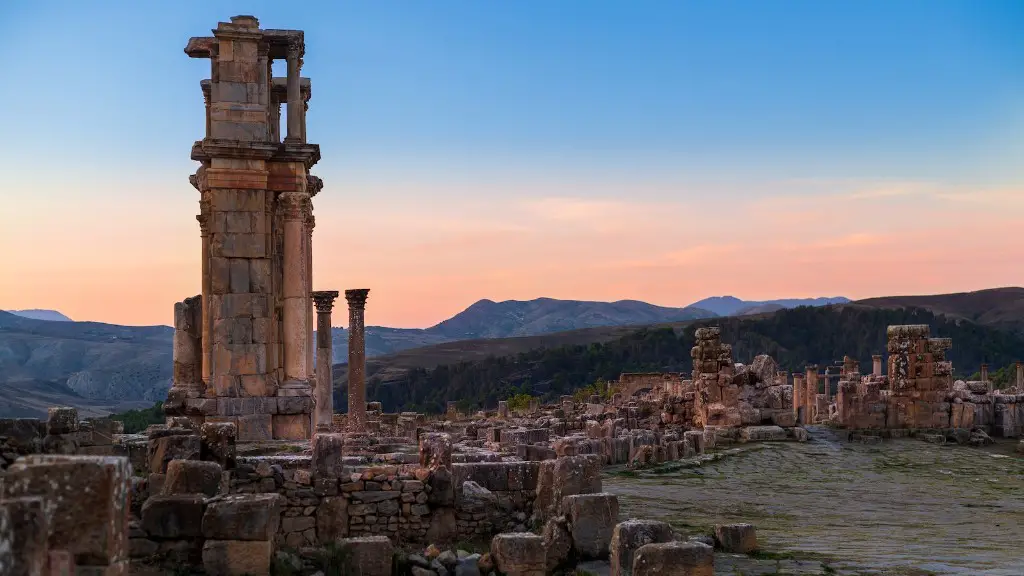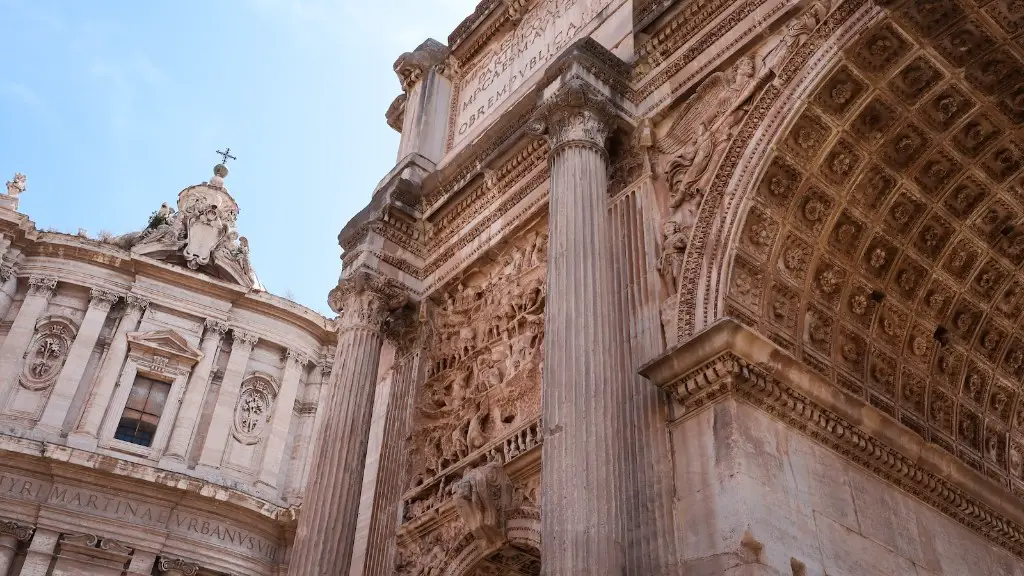The Ancient Romans were pioneers of many societal and cultural elements which still shape our lives today, from language to government structures through to laws and architecture. From the 8th century BC to the fall of the Roman Empire in 476 AD, the Romans made lasting contributions that profoundly impacted our world.
The Roman Republic had a form of government that was much admired, with a Senate at its core. Institutions such as these, headed by magistrates, including a leader called the Consuls was introduced by the Romans, which provided a structure and stability to many organisations and societies. Their successful government structure has been copied by many cultures over time, throughout the world.
Another lasting contribution from the Ancient Romans was Latin, the language of literature – from health and law, to music and religion. In fact, it is estimated that Latin has evolved to become over 60 modern day languages. Roman law had a huge influence on legal systems worldwide, with much of Britain’s legal codes having roots in Ancient Rome.
Ancient Roman architecture was also unique and impressive, featuring unbelievable technology and engineering to build some of the worlds most famous monuments. Their strong and durable construction methods have been passed down through generations. The architecture we witness today has seen a resurgence of Ancient Roman archetypes, with many modern buildings taking inspiration from their pillars, domes and arches.
A further achievement of the Romans was the development of central heating through the use of hypocausts. This provided a warmth to stone walls and public baths, something the Ancient Romans became renowned for. Integrated lifestyle spaces for socialising and exercising were centralised by the Romans, and throughout their reign many were built, still standing today as beautiful historical reminders of their civilisation.
Roads were also central to the Ancient Roman period, aiding in expanding their empire. This enabled them to maintain an efficient and effective military, travelling through the country with relative ease. Because of this, engineers were able to create a network of over 250,000 kilometers of roads throughout the Roman Empire, with aqueducts and bridges ensuring sustenance and communication between its citizens.
Military Contributions
The Roman Empire achieved its success thanks in large part to its military prowess, which made them a world leader in poetry, skills and technology. They aimed to create the most powerful military in the world, using large-scale engineering, such as roads and aqueducts to navigate the empire quickly and easily. The use of military camps, defensive ramparts, walls and turrets around their cities to protect them from invaders also proved to be successful, with records still remaining of where these have been used in the past.
The Romans used their military strength to conquer many nations and expand their territory, becoming the most powerful empire in the world during the 1st Century BC. They had a confident army, made up of teeming numbers of well-equipped legionnaires, and their weapons, armor and tactics were greatly feared by other nations. The use of legumes and spears provided them with an efficient and effective way of tackling their enemies. The Roman army was also agile, making long march-and-siege campaigns possible. An example of this is how they were able to conquer ancient Gaul in three years, something which was noted as remarkable even then.
Civic Contributions
The Ancient Romans had an obsession with governance and organising the state, which caused them to establish civic systems across the world. These included public works programs, such as roads, bridges, aqueducts and other infrastructure, that connected the empire and allowed people to travel, trade and promote their culture.
Romans also improved upon agriculture by introducing new and advanced technology, engineering and irrigation systems, enabling them to cultivate large areas of land. With more people able to harvest crops too, it meant that the population were able to live with ease, providing them with the highest quality of life.
The Romans emphasised education and encouraged those with the ability to obtain the highest level of education possible. Schools were opened throughout the empire for the purpose of teaching and learning. Democracy was also embraced by the Romans as a method of fighting corruption, with fixed laws and regulations set in place, which discouraged bribery and fraud.
Social Contributions
The Ancient Romans had a great influence on modern-day society, with a large number of their creative works still prominent today. They created gladiatorial games which the Emperors favoured and tried to incorporate them into the entertainment of their citizens. This led to their development of theatres, where plays and performances could be seen by many, and this form of interactive entertainment has survived to the present day.
Roman philosophy was also a “greatest hits” of the Intellectual World, with works such as Cicero’s De Re Publica, setting the stage for our understanding of political science. The Romans also added value to the importance of civil society, by creating Post-Classical societies, which emphasised the values of the Roman Republic, with the focus being on a greater understanding of the world through an interconnectivity with other nations. This caused them to become the masters at trades and commerce, resulting in their rise as the world’s most powerful empire.
Economic Contributions
The Ancient Romans were entrepreneurs, introducing the concept of coinage, which enabled them to buy and sell items easier. They also increased their wealth through trading, something they had mastered by connecting their society to others and benefiting from the products or services they had in abundance. This was a significant development as it not only enabled them to acquire valuable resources, but also to create wealth for their state, thanks to the taxes they were able to charge for trading.
The Romans were able to spread these practices across their empire, creating a system of currency and trade which was adopted by many different nations. Trade was very important to the Ancient Romans, and their laws, regulations and codes ensured it was conducted in a humane, ethical and efficient manner. This laid the foundations for the establishment of modern-day trading networks which influence commerce, economies and the global market today.
Art Contributions
Romans were also lovers of art and culture, producing much of the world’s most renowned ancient works. Their theatre evolved over time to become more elaborate, with costuming, acrobats and music used to entertain the audiences. The philosopher Plato even noted that their music was so powerful it had the ability to make people weep.
Romans also developed a unique visual style, with their frescoes, mosaics, and statues depicting stories, religious symbols, and scenes from everyday life. Their artistry was so inspiring, it led to the likes of Rembrandt and Michelangelo creating many of their masterpieces, which were heavily influenced by the Ancient Romans.
Ancient Roman architecture was also a marvel, used for public spectacles, baths, villas, and temples, with materials such as marble, bronze and coloured glass used to create some of the world’s most spectacular sights. Even the Colosseum in Rome, which is one of the seven wonders of the world, was built from the remains of the ancient Roman civilization.
Religious Contributions
The Ancient Romans had one of the most complex religions in the world. They believed in gods and goddesses, mythical creatures, and a variety of magical powers. The Roman religion sought to understand the collection of gods, their interactions and effects on the world around them through rituals, offerings, incantations, sacrifice and spectacle.
The Ancient Romans often used religion to express power and wealth and many of their religious artefacts have been discovered in archaeological sites. Religious festivals were held throughout the year, giving way to the idea of the celebration of life, in the form of holidays, and the cycle of the seasons. Ancient Roman religion still survives in many forms today, from Lent and Easter to the holy days of Passover and Pentecost.
Conclusion
The lasting contributions from Ancient Rome, from government to architecture and language, all remain hugely popular today. It is clear to see the far-reaching impacts these have had over the course of thousands of years, with many civilisations having adopted and adopted elements for their own use. From legal codes to trading networks and transport routes, the Ancient Romans created something truly remarkable, solidifying their reputation as one of the greatest civilizations of their era.
